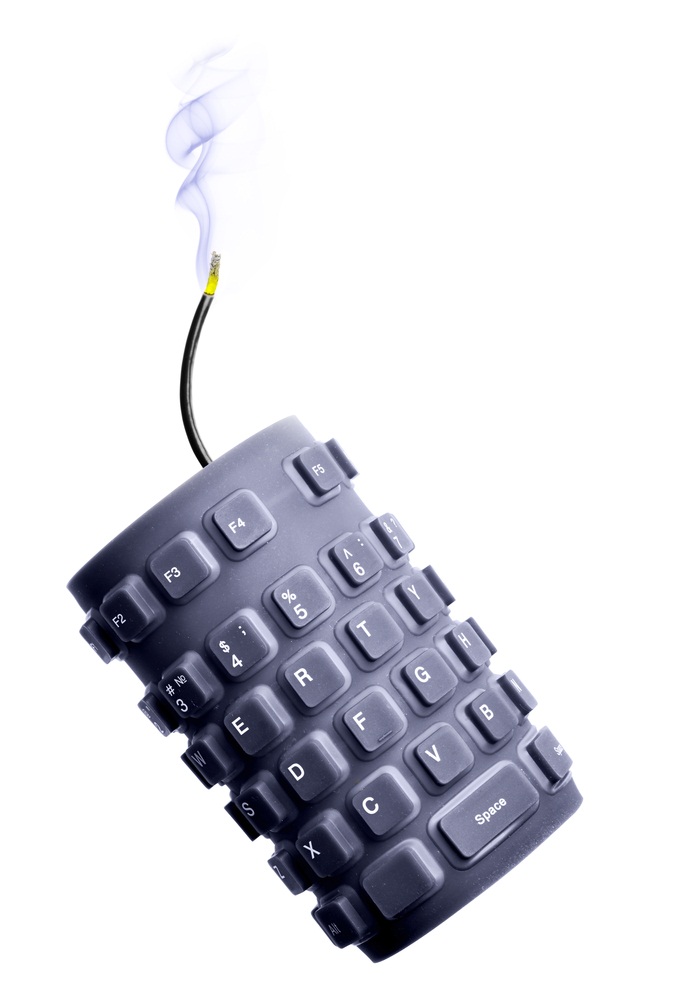
09 Jan Information Warfare in the Internet. Exposing and Countering pro-Kremlin Disinformation in the CEEC
 The project aims to facilitate regional cooperation between the V4 countries, Moldova and Ukraine in the field of security. It focuses on finding countermeasures to growing Russian propaganda and disinformation campaigns being waged – on a massive scale with the use of a contemporary battlefield: the Internet – within the individual CEE countries, aimed at destabilizing European cohesion, and influencing political structures to affect strategic nodes in the region.
The project aims to facilitate regional cooperation between the V4 countries, Moldova and Ukraine in the field of security. It focuses on finding countermeasures to growing Russian propaganda and disinformation campaigns being waged – on a massive scale with the use of a contemporary battlefield: the Internet – within the individual CEE countries, aimed at destabilizing European cohesion, and influencing political structures to affect strategic nodes in the region.
Through a number of activities initiated jointly by six renowned think tanks, the project helps to understand the complexity of tools adopted by Kremlin to manipulate public opinion and affect political and business environment in the partners’ countries, as well as to work out ways to respond to Russia’ s information warfare.
Target groups are mainly the expert communities (think tanks, analytic centres, media analysts), civil society activists, academic circles and journalists in the CEE region. Thanks to all partners’ promotional activities aiming at popularising the project’ s findings, decision makers from Ministries of Foreign Affairs and Ministries of Defence in the Visegrad countries, Moldova and Ukraine, as well as decision makers from NATO and the European Union.
Among the expected outputs are:
- a simultaneous research to identify country-tailored Russian disinformation strategies in the net; commentaries under articles in e-editions of regular media; social media: fake fan pages on Facebook and cyber trolling, videos on Desk research of available materials. Analysis of findings to identify methods & intensity of Russian propaganda aimed at particular country and types & categories of disinformation.
- several multimedia presentations with selection of representative examples.
- an expert conference planned in February 2017 in Kyiv to exchange experiences; expose methods and strategies of Russian propaganda via net; discuss implications of Russian activities for different sectors of life and ways for countering them; propose policy recommendations.
- publishing a final report based on research and conference’ s conclusion. Outline of Kremlin disinformation strategies designed for the 6 countries, similarities and differences of propaganda patterns, presentation of categorised case studies, recommendations for policymakers how to build response strategies.
- database of cases.
The project summary can be found here.
The project partners are:
The Centre for International Relations, Poland
The Prague Security Studies Institute, the Czech Republic
Media Center, Moldova
Association of Independent Press (API), Moldova

